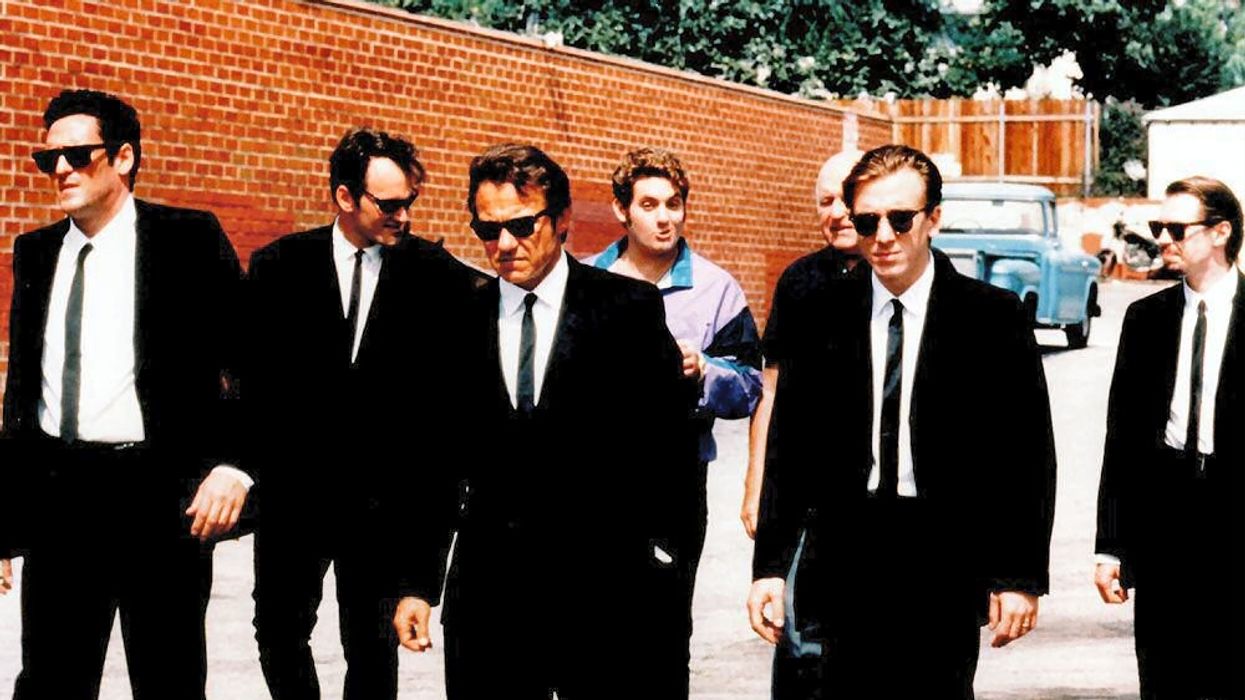Tarantino Reveals How 'Golden Girls' Helped Make 'Reservoir Dogs' Happen
Quentin Tarantino's acting career never really took off. But without it, the writer-director may have missed out on making his first feature film, Reservoir Dogs.

Quentin Tarantino became, well, Tarantino, after a hit-and-miss (mostly miss) path down an early acting career before establishing himself as one of the best filmmakers in the history of ever. Like most of us, Tarantino had to day-job it before getting his career going.
But, unlike most of us, he helped make ends meet with a role as an Elvis Impersonator on The Golden Girls.
Doing the awards circuit press rounds for Once Upon a Time In Hollywood, Tarantino appeared on The Tonight Show With Jimmy Fallon to discuss how Blanche, Dorothy and the rest of the NBC sitcom's crew helped a then-struggling artist get through and fund his 1992 movie.
"Before I did Reservoir Dogs, I had a very unsuccessful acting career," he explained. "One of the jobs I did get -- and not because I did a wonderful audition, but simply because they sent my picture in and they said, 'He's got it' -- was for an Elvis impersonator on The Golden Girls."
"I walked around dressed like Elvis in the '80s." Tarantino added, "I wore a pompadour all the time. I actually went to a rockabilly place to get my haircut."
For his appearance on the show, Tarantino's Elvis impersonator performed at Sophia's wedding and he found himself appearing in a two-parter of the series, which paid him residuals for both parts.
"And it was so popular, they put it on a best of The Golden Girls and I got residuals every time that showed. So I got paid maybe, I don't know, $650 for that episode, but by the time the residuals were over three years later, I made like $3,000."
"That kept me going during our pre-production time trying to get Reservoir Dogs going," Tarantino revealed. Watch Tarantino explain below:
What You Can Learn
It's important to note that Tarantino is not a member of the WGA because the Guild and Tarantino were in conflict over the former's rules about accreditation that the writer-director bumped into.
Those residuals he benefited from were, in part, a result of things the WGA negotiated. So, telling this story, one must wonder if Tarantino realizes his first film was able to exist with the help of the efforts of The Guild he doesn't see eye-to-eye with.
At the same time, Tarantino's story has some inspirational aspects; a reminder to all of us faking it until we make to keep struggling in the short term to reap the benefits in the long term. We can't control the timing, only the work.













